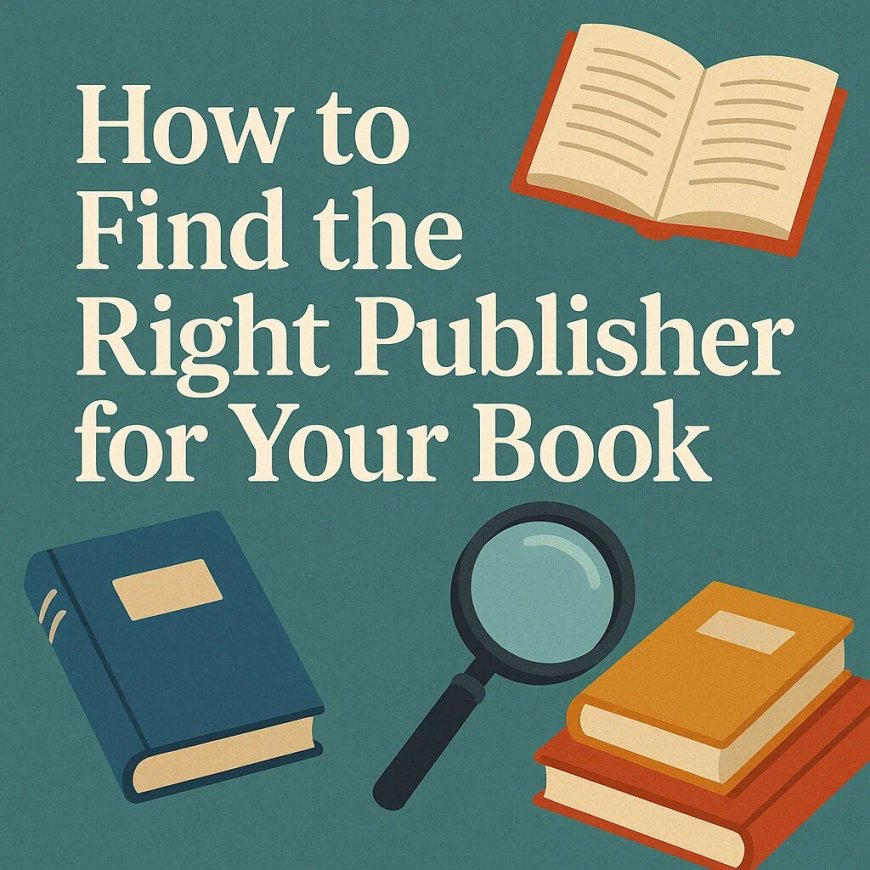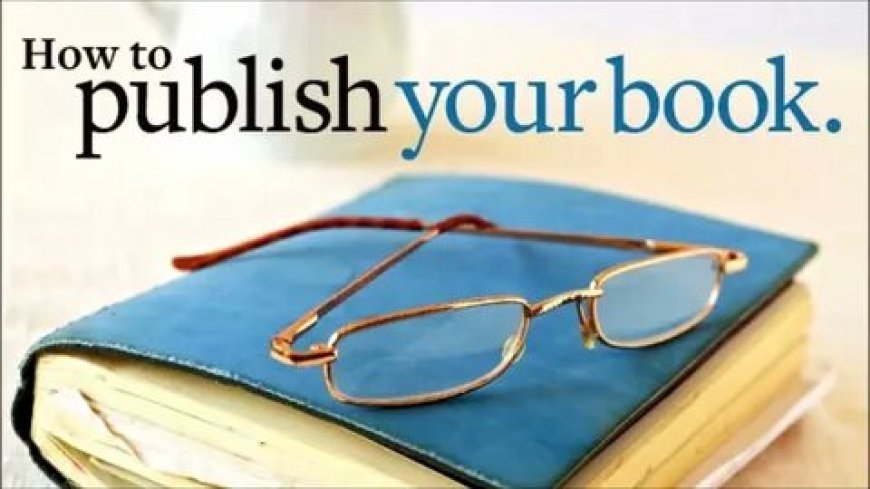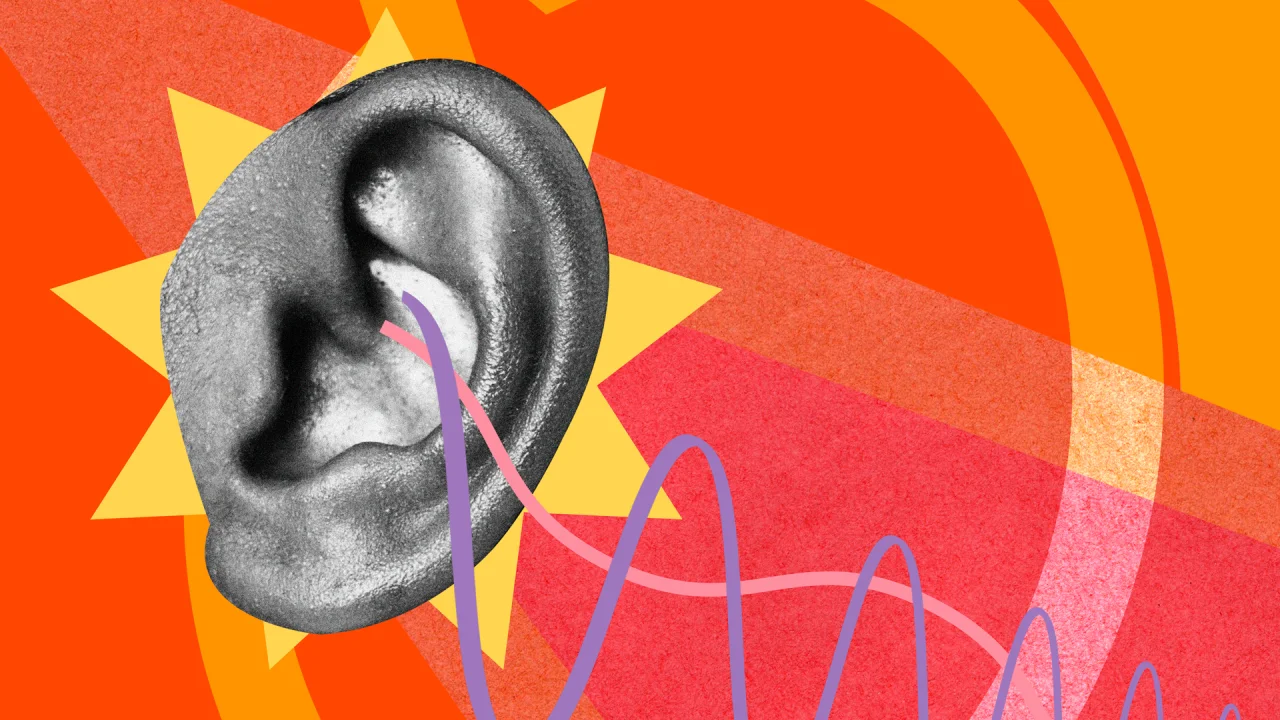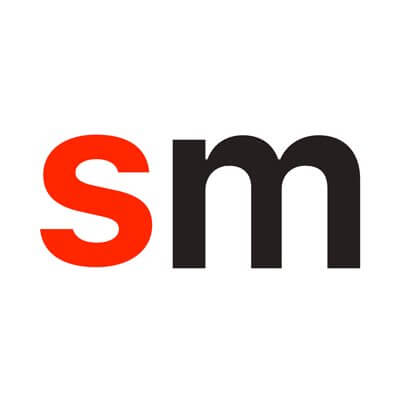How to Find the Right Publisher for Your Book
How to Find the Right Publisher for Your Book Finding the right publisher is one of the most important steps in the journey of becoming a published author. It can mean the difference between a successful book that reaches your ideal readers and one that gets lost in the noise of the market. The process of finding the right publisher involves careful research, self-awareness, strategic planning, and persistence. This guide provides a comprehensive overview to help you choose the most suitable publishing partner for your book. 1. Know Your Book and Audience Before you even begin looking for a publisher, you need to fully understand your book. What genre is it? Who is the target audience? What are the main themes or topics? A publisher will want to know exactly what your book is about and who it’s for. Ask yourself: Is it fiction or nonfiction? What age group is it written for? What books are similar to yours in tone and style? Understanding your audience also helps you identify publishers who already specialize in similar books. For example, if you've written a young adult fantasy novel, targeting publishers known for YA titles increases your chances of being noticed. 2. Understand the Types of Publishers There are several types of book publishers, and choosing the right type is crucial. Traditional Publishers These are well-established publishing houses (e.g., Penguin Random House, HarperCollins) that offer full-scale services like editing, design, printing, and marketing. They typically require a literary agent for submissions. Small and Independent Presses These publishers are usually more open to unagented submissions and work with a niche audience. While they may offer lower advances and smaller print runs, they often provide more personalized attention and flexibility. Hybrid Publishers A hybrid publisher blends elements of both traditional and self-publishing. You typically share in the costs but get more control and a higher royalty rate. Make sure they follow ethical standards (e.g., listed by the Independent Book Publishers Association). Self-Publishing Services While not publishers in the traditional sense, these services (e.g., Amazon KDP, IngramSpark) allow you to publish your book on your own. If you choose this route, you are your own publisher, and finding the right platform becomes the goal. 3. Research Publishers Thoroughly Once you’ve narrowed down the type of publisher you want, it’s time to dig into research. Look for publishers who: Have previously published books in your genre Have a positive reputation among authors Are currently accepting submissions Don’t require excessive fees for basic services (a red flag!) Resources to use: Publisher’s Marketplace Writer’s Market Duotrope QueryTracker Publisher websites and social media Look at their backlist (books previously published) and see how your book fits in. Avoid publishers with poor production quality, limited distribution, or who promise unrealistic success. 4. Prepare a Strong Submission Package To impress a publisher, you’ll need a polished submission package. This typically includes: Query letter – A one-page letter that pitches your book and briefly introduces you as the author. Synopsis – A summary of your book’s plot, including the ending (for fiction) or structure (for nonfiction). Sample chapters – Usually the first 1–3 chapters or first 30 pages. Book proposal – For nonfiction books, this is a business plan that includes target audience, competitive titles, marketing plan, and author credentials. Tailor your submission to each publisher’s specific guidelines. Don’t send a full manuscript unless asked to. 5. Consider Getting a Literary Agent If you're aiming for a big traditional publisher, you’ll likely need a literary agent. Agents act as gatekeepers and help negotiate contracts, promote your book to publishers, and protect your rights. They take a commission (usually 15%) but can open doors that are closed to unagented authors. To find an agent: Look for agents who represent your genre. Check their submission guidelines. Personalize your query to show you’ve done your homework. Resources like the Association of Authors' Representatives (AAR) and QueryTracker can help you find reputable agents. 6. Avoid Scams and Vanity Presses Unfortunately, the publishing world has its share of predatory companies. Vanity publishers charge you a high fee to publish your book but provide little value in return. Unlike hybrid publishers, they are often unregulated and uninterested in whether your book sells. Warning signs include: Asking for money upfront without clear services Promising guaranteed bestseller status Vague or non-existent marketing plans Poor quality production Always research a company’s reputation. Websites like Writer Beware (sponsored by the SFWA) maintain lists of known scams. 7. Ev



























































































































































